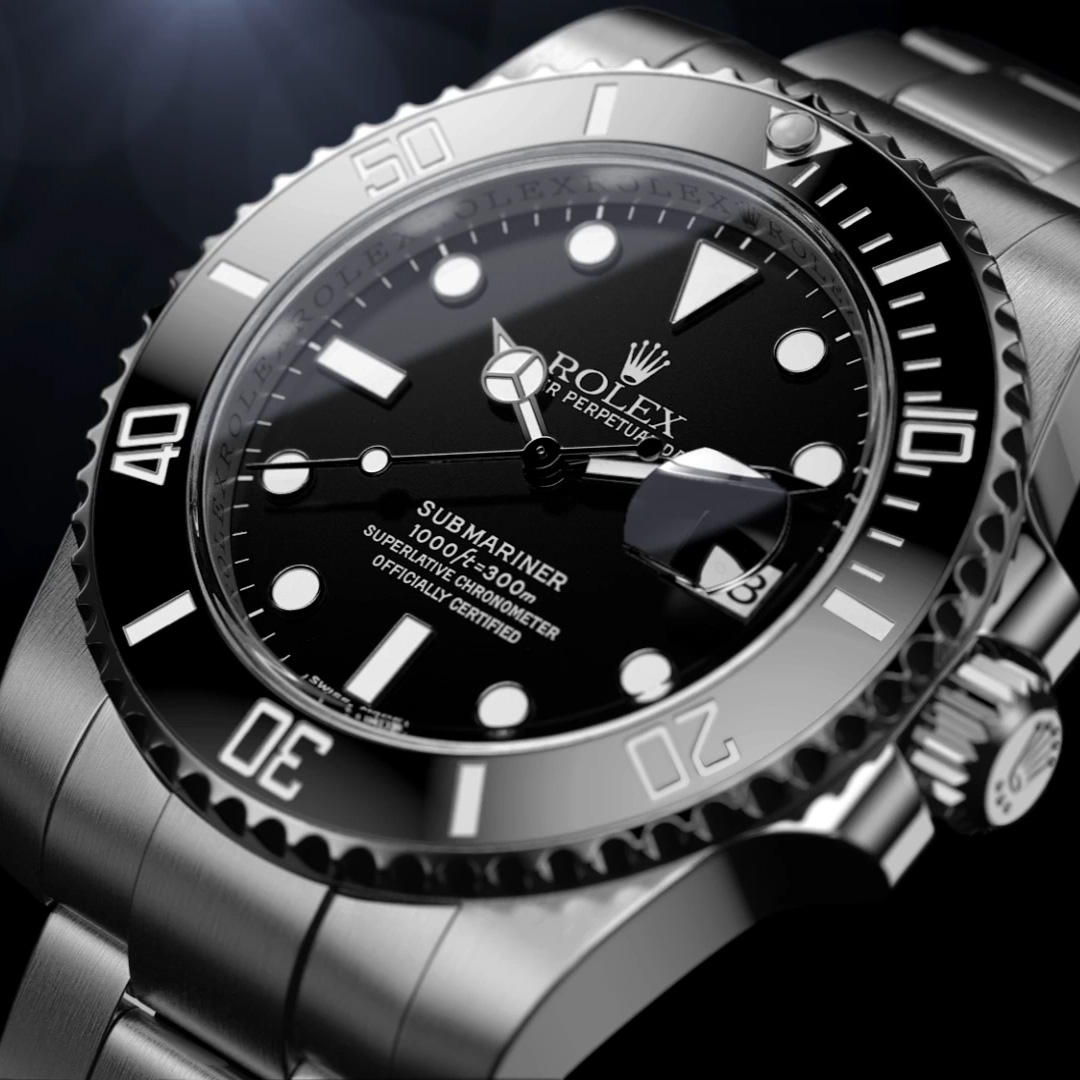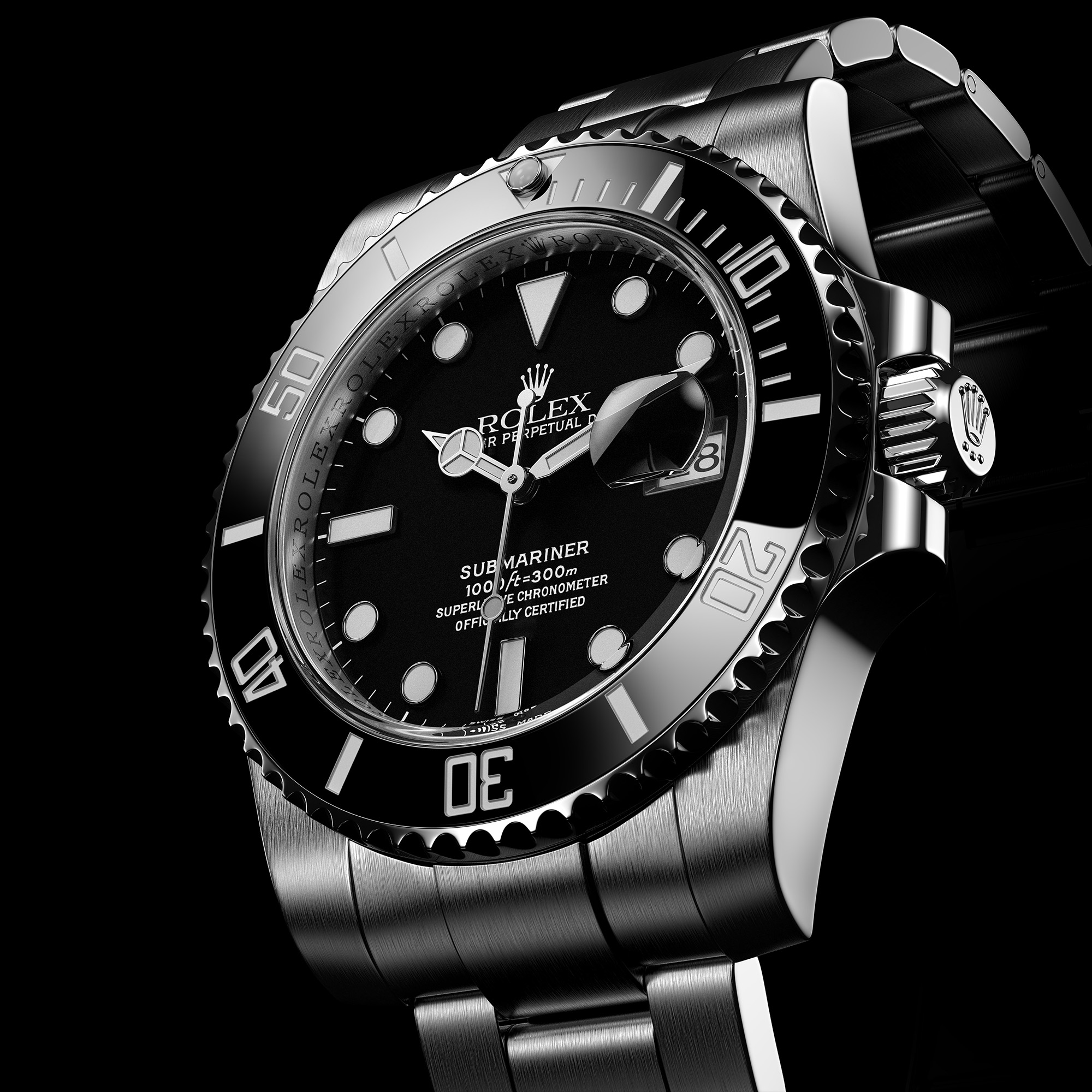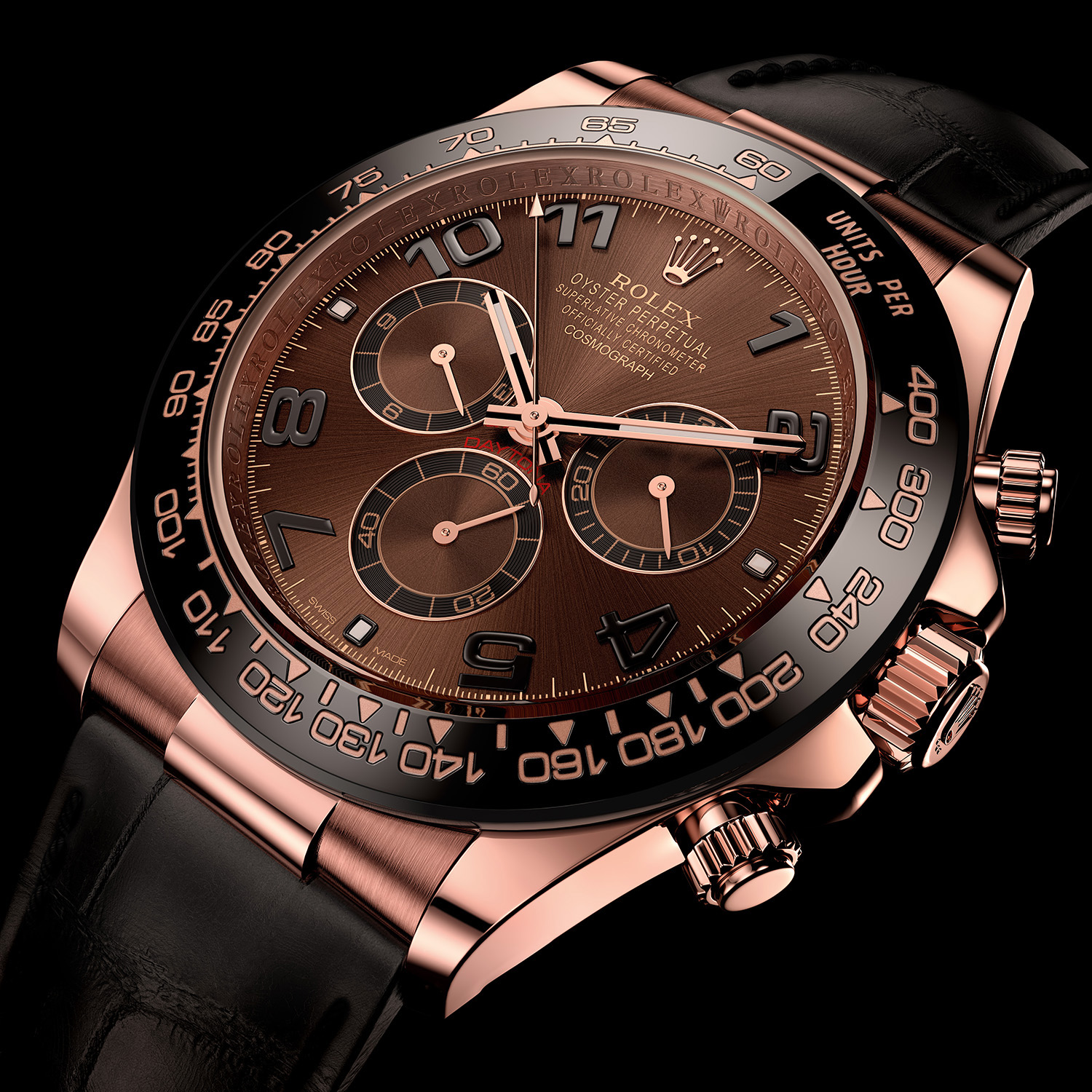3D visualizations: Modeling, rendering and compositing
Beyond photography: CGI (computer generated imagery) allows us to develop realistic and expressive renderings and animations for online stores, catalogs and advertising campaigns. Both in our specific field – watches – as well in the area of modes of transportation – such as cars and airplanes – we work with 3D visualizations to perfectly present earlier samples as well as finished products in stills.
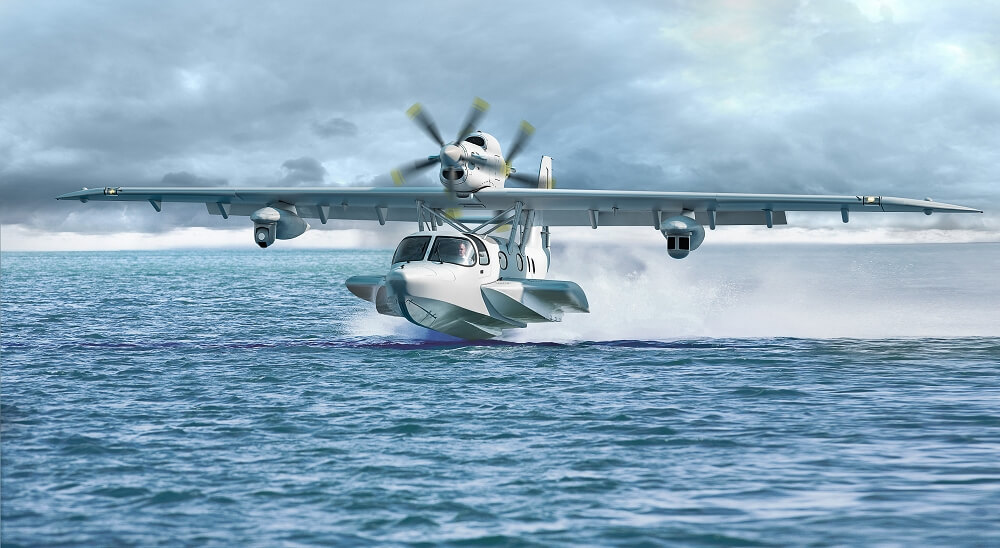

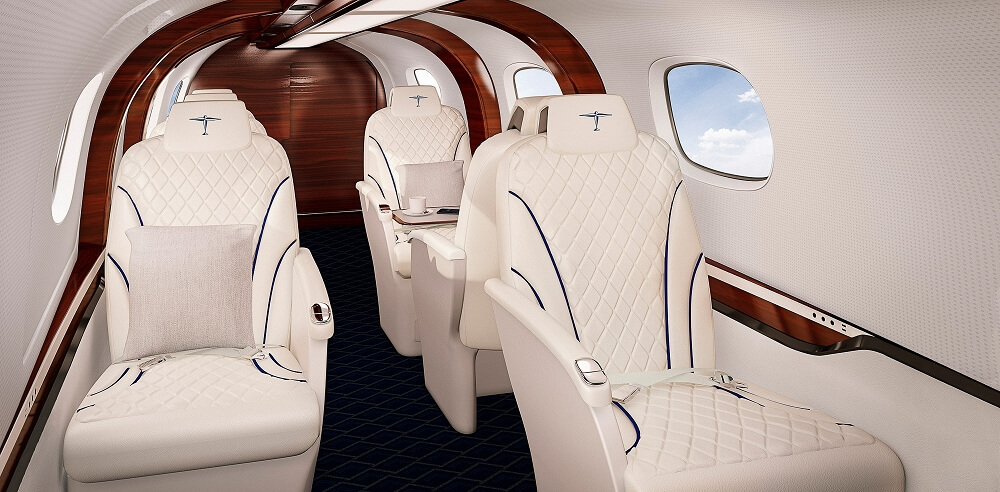
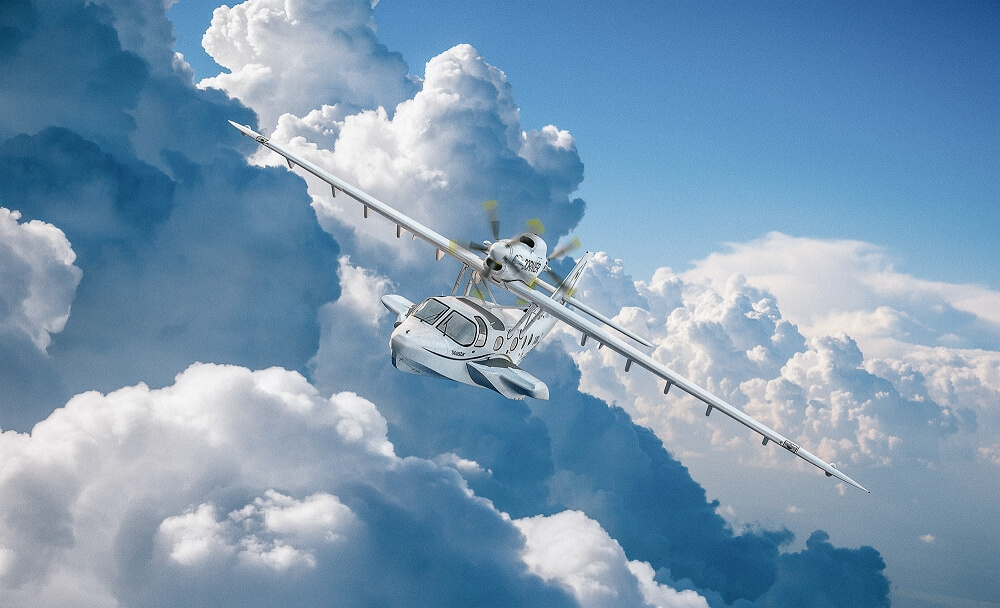
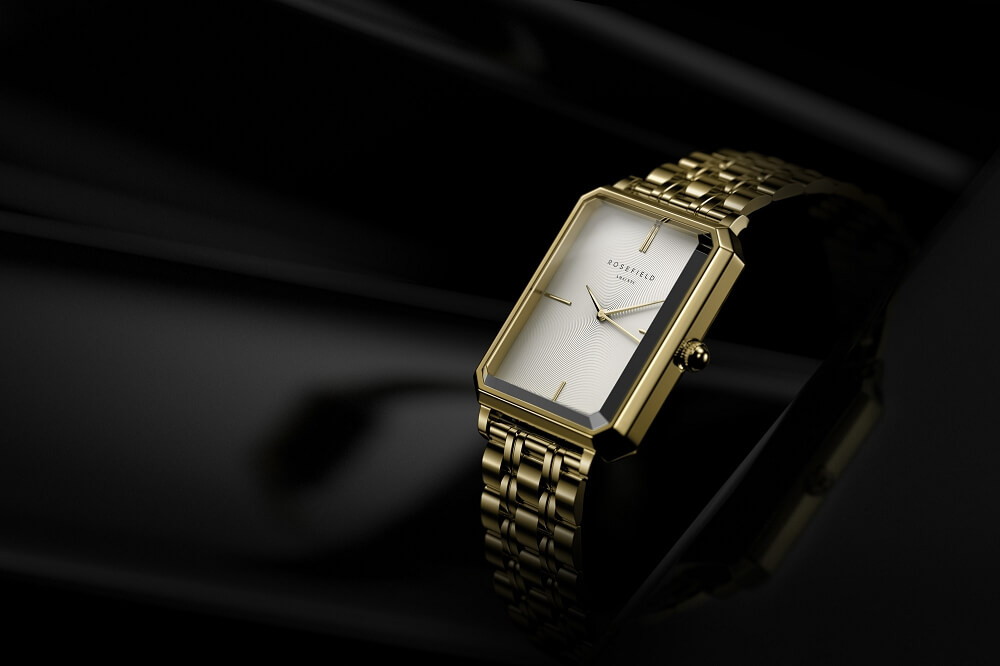
360° visualization and animation with CGI
From form and material to light, perspective and movement: Professional 3D animation software allows us to compose almost any product in the virtual space – and down to a µ. Through this technology, surfaces and edges, as well as material and color properties, take on an entirely realistic appearance in 360° rotations: Thanks to our experience and focus on detail, our CGI product pictures and videos are indistinguishable from the original to the naked eye – and all without any logistical expense on the part of the client!
Professional images on white
The classic among product photos and one of the most demanding disciplines at the same time: We develop high-quality photos of watches and other products on a white background – for print and online media, such as for catalogs and online stores. Thanks to CGI technology, flawless, high-resolution portraits of entire product series can be implemented in a time- and cost-saving manner: Because through 3D visualizations, we can easily adjust different product series digitally – without having to change the set or retouch anything.
Your product in the lead role: CGI for advertising clips and television
There’s emotion in there. The primary focus of our visualizations and animations is always your product: Based on formal elements, we develop just the right film concept using just the right virtual vocabulary – and thanks to CGI, we can create advertising clips and TV commercials that touch and capture the beholder. We create interesting scenes and compositions, turning your watches into stars of the big screen!
Benefits of 3D visualization
- No shipping of products required, so no logistics costs
- Ideal for product series: only one 3D modelling
- Ideal for presenting prototypes
- Flexible use: for stills, animations, VR
- Flexible process: fast product iterations possible
- Suitable for visually explaining complex products and processes
Or call us +49 152 31782962
Product visualization at AJ-Commercial - Der Workflow:
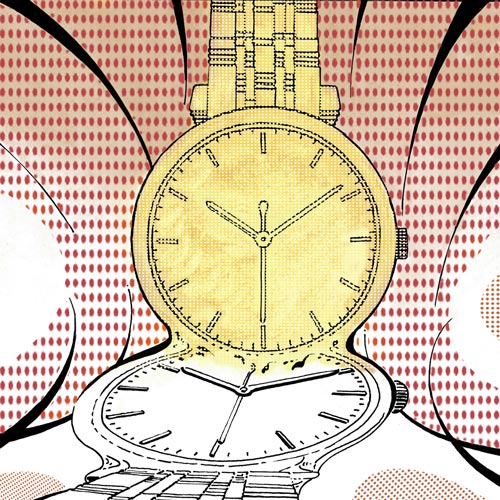
3D modeling
3D modeling is the cornerstone of product visualization. As is expressed by the term, this first step is all about creating a virtual 3D model, for instance for a prototype or product. By means of a professional 3D software (Cinema 4d) and through blueprints, technical drawings or CAD files, individual elements or entire products can be computer generated in a manner that is true to scale and accurate in every detail. The finished 3D models can subsequently be moved and rotated within the virtual space, inspected and lit from various angles or integrated into a 3D animation.
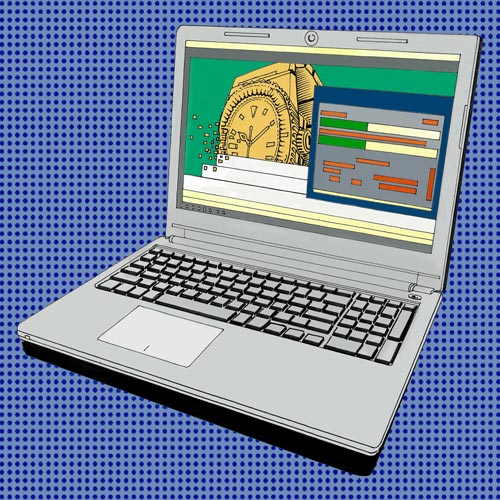
Texturing & PBR workflow
Texturing is all about creating materials for the as-yet raw 3D models. To bring about photorealism and make the 3D models look as real as possible, the virtual textures must have the same physical properties as the respective reference materials in the real world. By using so-called PBR textures (physically based rendering) those physically authentic properties can be simulated in the virtual space. It’s the only way to ensure that reflections or the interplay with light can look authentic and have the same impact on the virtual materials as on the real material. The texturing of the models is one of the most important and most demanding steps in professional product visualization and the creation of photorealistic 3D renderings. Even the very best model will never look fully realistic without the right texturing, while a good texture can make up for minor weaknesses in the model.
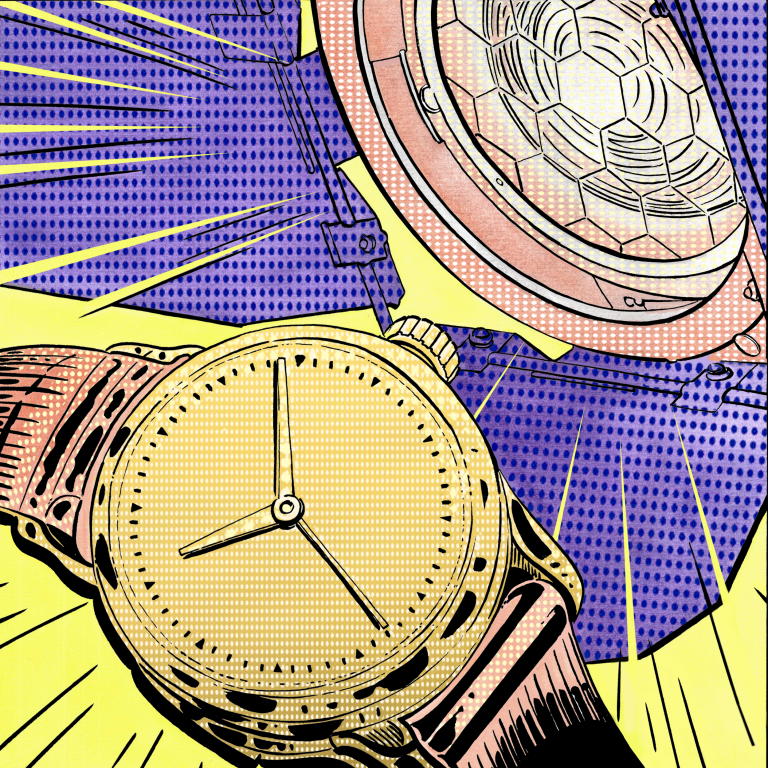
Lighting
This area is probably where product visualization most resembles traditional photography. Lighting plays a decisive role in creating photorealistic 3D visualizations and animations. Only with an optimal light setup can the special features and differences between the variety of previously created materials be highlighted and rendered naturally. Besides the color and intensity of the light, the arrangement of the various light sources in the virtual space play a significant role. Unlike in photography, the 3D artist has far more options and leeway for finding the ideal lighting and influencing the final rendering down to the last detail.
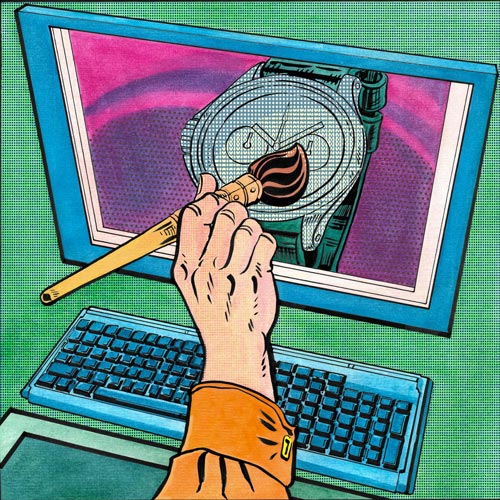
Post-production
To finalize the 3D visualization, the final renderings or animations are given finishing touches in post-production. In addition to cutting and editing, as well as potentially setting the sound of the animations, smaller color corrections and contrast adjustments are carried out in this step. Additional changes to the model, textures or lighting can be carried out at any time in this phase and are more easily made than in traditional photography.
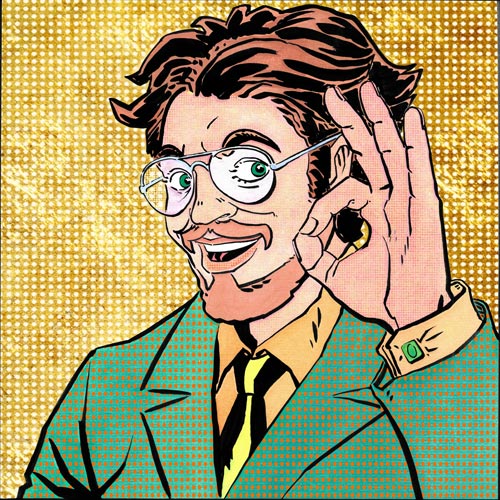
Final consultation and delivery of the renderings:
After a final feedback round and consultation, the last details are adjusted to make sure you’re completely happy with your 3D stills or animations. You’ll then promptly receive all the renderings in your preferred resolution, size and file format.
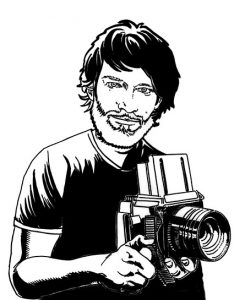
Fotograf & 3D Artist

